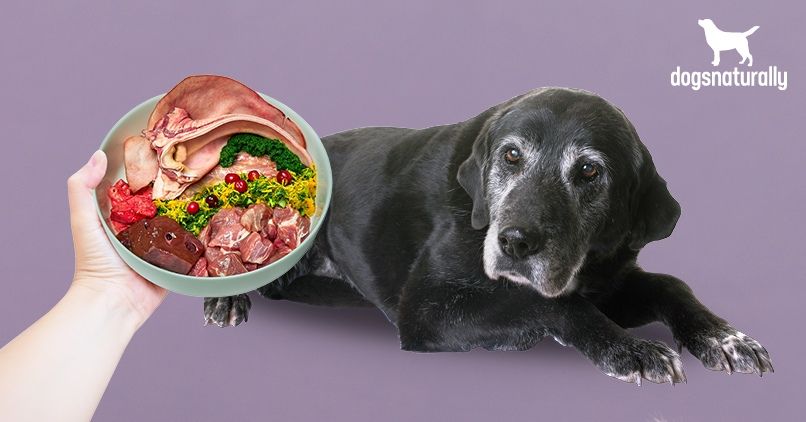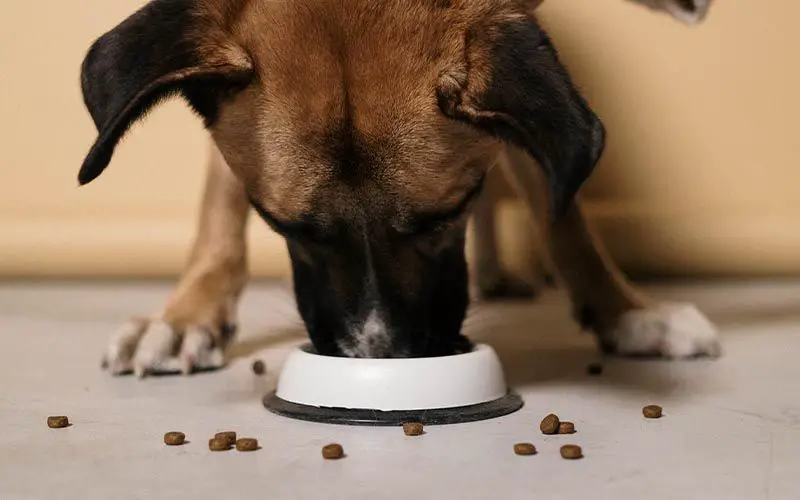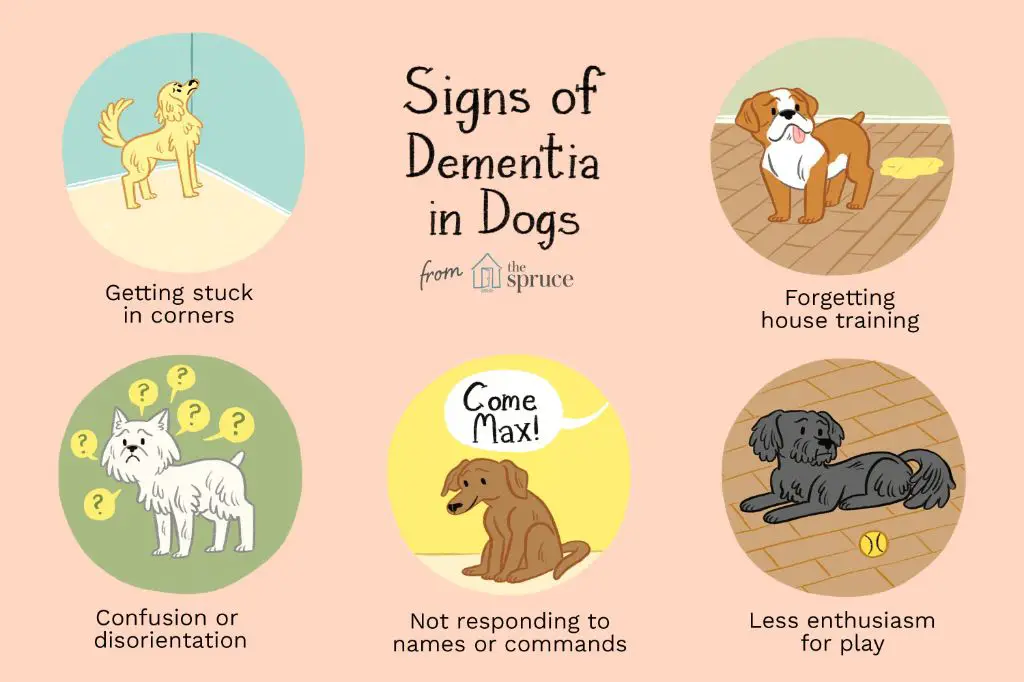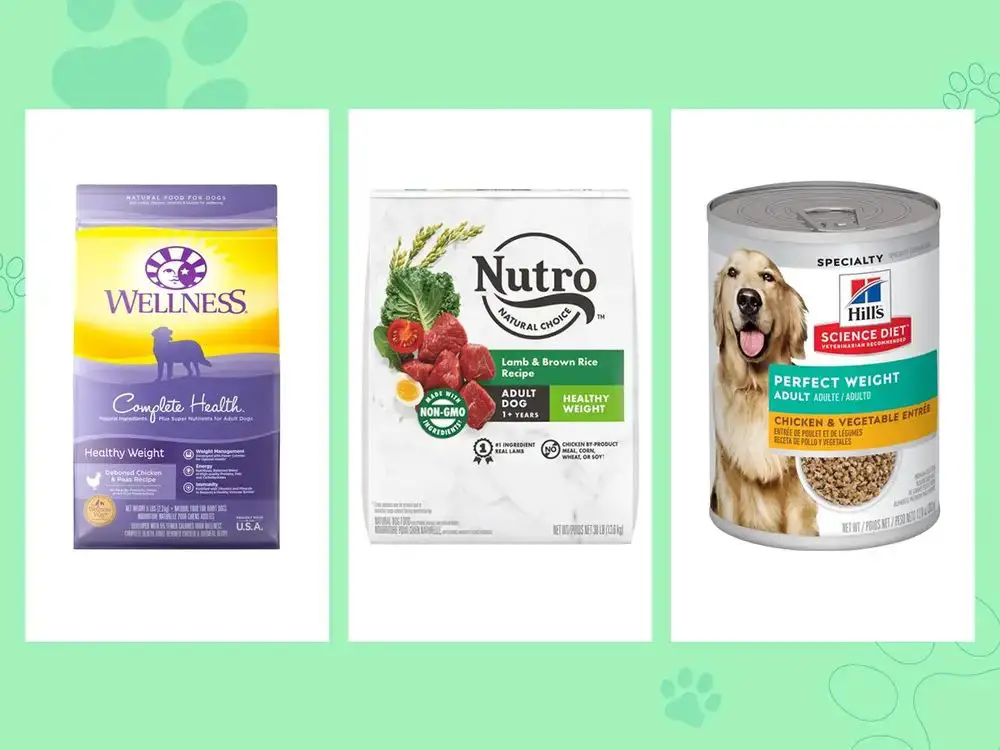Introduction
As dogs age, it’s common for their appetites to increase. Senior dogs tend to eat more food even though their activity levels decrease. There are several possible reasons for this change, ranging from natural aging processes to medical conditions that affect hunger and metabolism.
This article explores the most common causes of increased appetite in older dogs. We’ll look at age-related factors as well as health issues that could lead to more food-motivated behavior. Tips for addressing overeating and determining when to see the vet are also provided. Our goal is to help dog owners understand why their senior dog may be acting hungrier and how to provide proper nutrition during this life stage.
Natural Age-Related Changes
As dogs get older, various natural age-related changes can cause them to become hungrier and eat more food. One major factor is a slower metabolism. A dog’s metabolism slows down as it ages, meaning it burns fewer calories. To maintain its weight and energy levels, an older dog needs to increase its calorie intake. Its body essentially demands more food.

Decreased activity levels in senior dogs also play a role. As dogs exercise and play less in their old age, they burn fewer calories. Less physical exercise coupled with a slowed metabolism means an increased appetite. In addition, loss of sense of smell can interfere with an older dog’s appetite. As a dog’s sniffing abilities decline, its interest in food may go down. Food simply smells and tastes less appealing. To compensate, a dog may eat more food to satisfy its appetite.
Medical Conditions Causing Increased Hunger
As dogs age, they can develop certain medical conditions that increase feelings of hunger. Some of the most common medical causes of increased appetite in senior dogs include:
Organ Failure
Failing organs like kidney and liver disease can create metabolic changes that increase hunger. As toxins build up in the body, it may spur your dog to eat more in an attempt to compensate.
Diabetes
With diabetes, your dog’s body loses the ability to properly regulate blood sugar levels. To try to stabilize, your dog may frequently eat in response to high blood sugar.
Hyperthyroidism
An overactive thyroid gland speeds up your dog’s metabolism, creating constant feelings of hunger. This urge to eat more stems from the body trying to maintain weight as it burns calories faster.
Cushing’s Disease
Excess cortisol production with Cushing’s alters metabolism and can significantly increase appetite. Your dog may seem constantly hungry and beg for food.
Medications
As dogs age, they may be prescribed medications that increase hunger as a side effect. Some of the most common include:
Steroids

Steroids such as prednisone are frequently prescribed for older dogs with inflammatory conditions like arthritis or allergies. Steroids naturally increase appetite and dogs can become unusually hungry.
Anti-seizure Medications
Phenobarbital and other anticonvulsant drugs used to control seizures often cause increased hunger and water consumption as side effects.
Antidepressants
Antidepressants such as fluoxetine are sometimes prescribed for dogs with anxiety or compulsive disorders. These drugs may stimulate the appetite and lead to weight gain.
Dental Disease
As dogs age, they are prone to developing dental disease like periodontal disease. Periodontal disease involves infection and inflammation of the gums and roots of the teeth. It is extremely common in older dogs. Dental disease like this is very painful and makes it difficult for dogs to chew their food properly. The pain may cause them to avoid hard foods, only eating soft foods that don’t require much chewing. Or they may drop food from their mouth because chewing is too uncomfortable. Eating becomes inefficient for dogs with dental pain. To get the calories and nutrition they need, they feel hungrier more often and will eat more food overall.
Cognitive Dysfunction
Cognitive dysfunction syndrome is similar to dementia or Alzheimer’s disease in people. As dogs age, their cognitive abilities can deteriorate, leading to behavioral changes like disorientation, loss of housetraining, and increased appetite and confusion.
Disorientation is common in senior dogs with cognitive decline. They may wander around the house appearing lost or confused. Your dog may stare blankly at walls or into space. They may forget familiar places in the home or yard.
Loss of housetraining habits is another symptom. A previously house-trained older dog may begin having accidents or urinating inside the home due to spatial confusion. They simply forget they shouldn’t go potty indoors.
Increased appetite is also seen with cognitive dysfunction. The brain changes can interfere with the dog feeling full, causing them to constantly act hungry. They may overeat or beg for food shortly after mealtimes. This increase in appetite can lead to weight gain if not managed.

How to Address Increased Appetite
If your aging dog is eating more without gaining weight, the first step is to schedule a veterinary exam. Your vet will check your dog’s overall health and rule out any underlying medical conditions that could be causing the increased hunger. Bloodwork and other diagnostic tests may be recommended.
Your vet may suggest adjustments to your dog’s diet, such as switching to a higher quality senior dog food, adding canned food or warm water to make the kibble more aromatic and appealing, or dividing daily portions into more frequent smaller meals. Avoid overfeeding treats and table scraps.
Increasing your dog’s physical activity with more frequent short walks and engaging in more interactive play can also help curb excessive appetite. Make sure your dog has access to fun toys that provide mental stimulation. Puzzles, snuffle mats, and food-dispensing toys can keep your dog engaged and satisfied between meals.
When to See the Vet
If your older dog suddenly starts eating significantly more food, it’s important to be on the lookout for concerning symptoms that may indicate an underlying health issue requiring veterinary attention. Some key signs to watch for include:
Sudden increase in appetite – While appetite changes can be normal as dogs age, a sudden spike in hunger over a short period of time can signal an illness or disease process. Bring your dog to the vet promptly if you notice them begging for food far beyond their typical intake.
Weight loss – An increased appetite paired with unintended weight loss is a classic red flag for medical problems in dogs. Get your dog examined right away if their regular extra eating isn’t resulting in weight gain.
Other accompanied symptoms – Significant appetite changes rarely occur in isolation in older dogs. Look for other potential signs of illness such as increased thirst, vomiting, diarrhea, lethargy or restlessness. The more symptoms present, the more likely there is an underlying issue needing veterinary assessment.
While an enlarging waistline may seem like the biggest concern with an older dog eating excessively, sudden hunger changes should not be ignored. Schedule a prompt vet visit if your senior dog’s appetite spikes substantially or seems out of sync with their weight and energy levels. Timely evaluation and treatment can help provide the best health outcome.
Providing Quality Nutrition
An older dog with an increased appetite can benefit greatly from a diet that supports their nutritional needs. Focus on providing highly digestible food with the appropriate calories for their age and activity level. Here are some tips:
Highly Digestible Food: Look for dog food that contains digestible ingredients like chicken, fish, eggs, and rice. Avoid foods with a lot of fat, fiber or dairy as these are harder to digest. Digestible protein will help support muscle mass as your dog ages.

Wet Food: Canned or wet dog food typically has higher moisture content, making it easier to digest and less calorie-dense. The added water content also helps support kidney and urinary tract health. Adding some wet food to your dog’s diet, or soaking kibble in water, can make mealtime easier for an older dog.
Appropriate Calories: Check with your vet to determine the ideal calorie intake for your senior dog based on their age, breed, and activity level. Avoid free-feeding and stick to scheduled mealtimes with portion control. You may need to transition to a senior dog food formula or add low calorie fillers like green beans to provide calories for energy without excess weight gain.
Conclusion
As dogs age, an increase in appetite and food consumption is common. Some of the main causes include age-related metabolic changes, underlying medical conditions like Cushing’s disease or kidney disease, medications, dental issues, and cognitive dysfunction syndrome. While an elderly dog eating more is usually not an immediate cause for alarm, it’s important to monitor portions and body condition score. Make sure your dog receives adequate nutrition from high-quality food formulated for older pets. Discuss any concerning appetite changes with your veterinarian, especially if accompanied by weight loss, lethargy, or other symptoms. Annual senior wellness checkups can help diagnose conditions early. With proper care and nutrition, owners can continue to provide their senior dogs with a good quality of life.
The importance of discussing changes with your vet cannot be overstated. Your veterinarian is your best resource for identifying any underlying medical causes for increased hunger in older dogs. They can recommend any needed testing or treatment to manage conditions appropriately. Senior dogs may require more frequent vet visits to monitor health. Staying on top of physical exams, diagnostic screening, and medications ensures your elderly dog maintains optimal wellbeing. With attentive care from pet owners and veterinary guidance, dogs can continue thriving even as seniors. Don’t hesitate to raise any concerns about appetite, activity levels, mobility, and other age-related changes. Your vet will be your partner in determining the right solutions to keep your dog healthy and happy in their golden years.